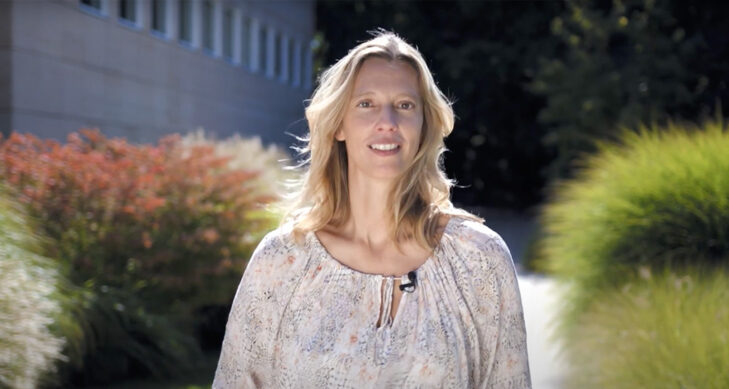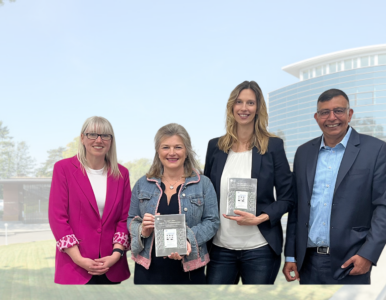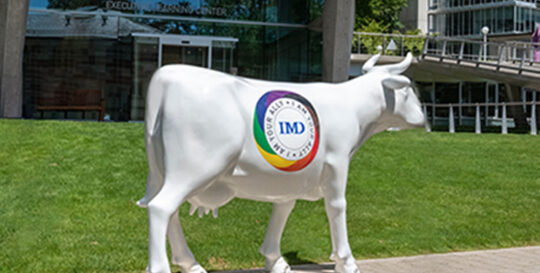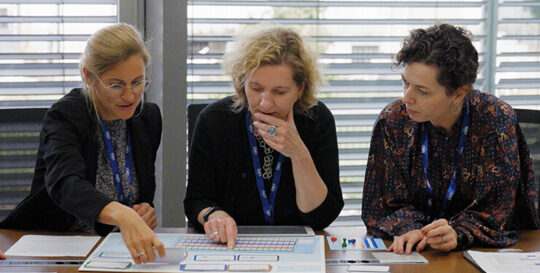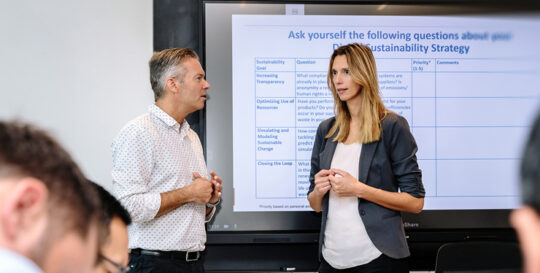


Center for Sustainable and Inclusive Business
Sustainability is an essential element of business strategy, driving the transformation of business models and the roles of senior executives. IMD partners with sustainability leaders to research and share innovative best practices that harness opportunities and mitigate risk. Our research also informs our custom and open programs to help you navigate your sustainable business transformation journey.
Our award-winning research and in-depth thought leadership content provides you with the insights needed for a complete business transformation journey through the lens of sustainability.

by Frédéric Dalsace and Goutam Challagalla, Harvard Business Review

by Goutam Challagalla and Frédéric Dalsace, Harvard Business Review

by Jean-François Manzoni, Julia Binder, I by IMD
Featured book
The Circlar Business Revolution
In their book, The Circular Business Revolution: A practical framework for sustainable business models, Julia Binder and Manuel Braun give you a comprehensive and practical toolkit to understand how your organisation works now, the opportunities it has within the circular economy, and how to put it all into practice effectively.
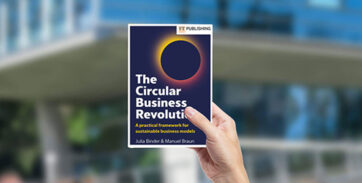
Read our latest academic articles, which are regularly published in the world’s leading business and management journals.
Our award-winning teaching cases translate sustainability research into action.
